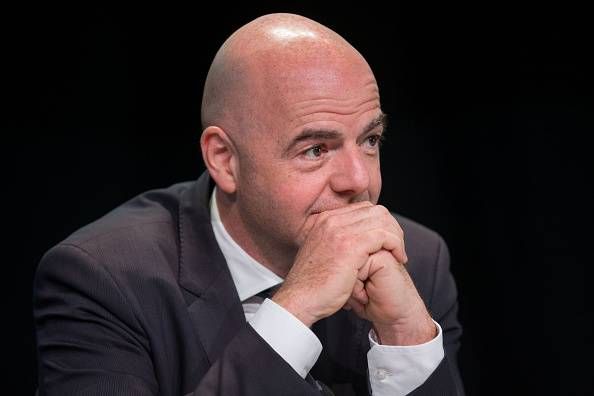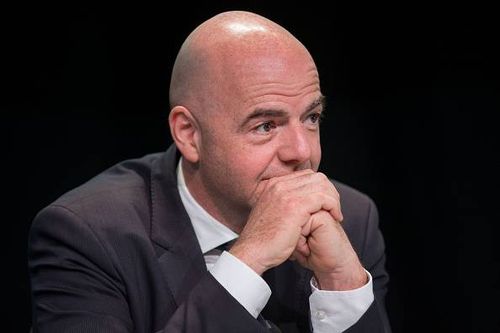
UEFA planning to attract new investors after easing Financial Fair Play rules

UEFA’s executive committee has voted to relax some of the restrictions on club spending, with the objective of attracting new investment, according to a report in Sky Sports. The new changes, set to come into effect from July 1, will see the Financial Fair Play (FFP) regulations being strengthened and expanded, yet at the same time ensuring its primary intention of financial stability.
“We are just evolving from a period of austerity to one where we can offer more opportunities for sustainable growth and development “, UEFA President Michel Platini said.
FFP regulations was on top of the agenda as European football’s governing body met in Prague on Monday to discuss, among other topics, the 2015 Club licensing regulations.
Clubs will have a three-year period to break even
One of the major changes that have been proposed is allowing the clubs who fear a breach in fair play regulations to approach UEFA beforehand and enter into a voluntary agreement. The applications for the same have to be submitted by December 31 of the preceding year.
However, the above suggestion is only applicable to clubs who present a viable business plan for a settlement that shows they will break even in the subsequent three-year period. They also have to put forward assurances of future stability.
Sponsors contributing more than 30% of club revenue to be investigated
The other major tweaks have been with regards to revenue. Under FFP, clubs cannot spend more than their generated revenue. With controversies regarding the sponsorship deals of Paris Saint-Germain and Manchester City, UEFA has informed that sponsors or anyone else who contributes more than 30 percent off a club’s revenue will be investigated to see if they are linked to the ownership.
In what is seen as a good step towards development and expansion of a club’s base, spending by clubs on youth and women’s football will no longer be counted towards losses.
Collective losses by clubs decreased by 70% since FFP’s implementation in 2012, but critics have said FFP prevents smaller clubs from growing by putting off potential investors. This claim was however dismissed by UEFA general secretary Gianni Infantino who said that ensuring financial stability in European football has been the sole priority.
“We have always said we want investors in football – good investors,” Infantino said according to Sky Sports.
“We are sure the new rules will encourage investment in European football, which is the best product in the world when it comes to club football“, Infantino added saying that he hopes the changes will increase competition.